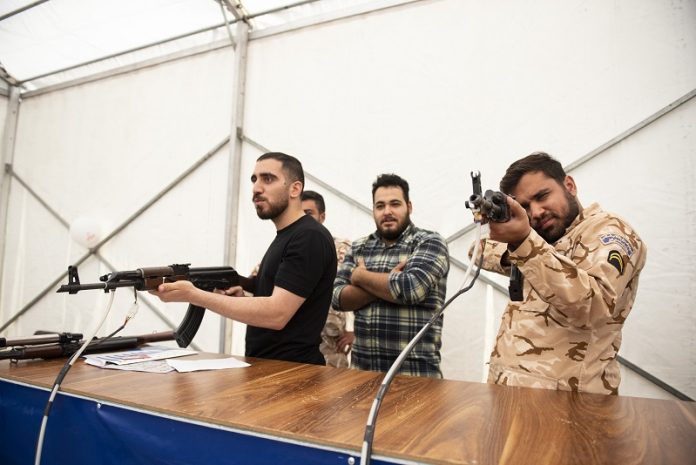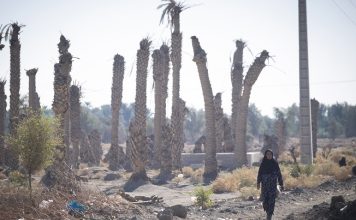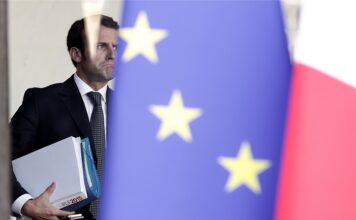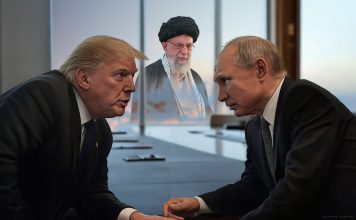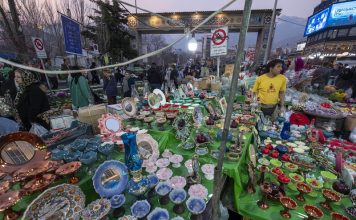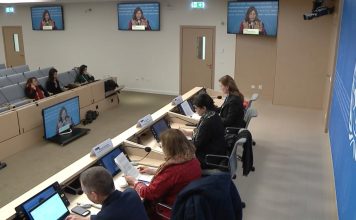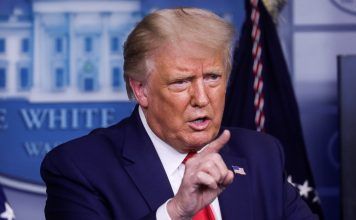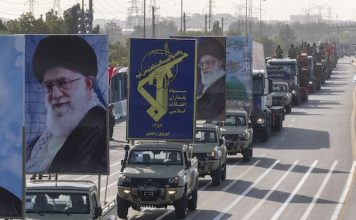LUXEMBOURG, April 24 (Reuters) – The European Union imposed sanctions on Monday on eight Iranians and a mobile telecommunications provider in its latest effort to target individuals and organisations it holds responsible for human rights abuses in Iran.
The Council of the EU, which brings together the bloc’s member countries, said it was sanctioning Ariantel, a company that “contributed to the telecommunications surveillance architecture mapped out by the Iranian government to quash dissent and critical voices in Iran“.
Other additions to the EU’s sanctions list include lawmakers in the Iranian Parliament, members of the Islamic Revolutionary Guard Corps (IRGC) and the IRCG Cooperative Foundation – the body responsible for managing the IRGC’s investments.
The latest measures mean 211 individuals and 35 entities are now under EU sanctions, the EU Council said in a statement.
ANALYSIS: Why Europe Is Unlikely to Designate IRGC As Terrorist Group
This means a freeze on any assets they hold inside the EU and a ban on travel to the bloc. EU companies are also banned from making funds available to those under sanctions.
“The European Union and its member states urge the Iranian authorities to stop any form of violent crackdown against peaceful protests, cease their resort to arbitrary detentions as a means of silencing critical voices, and release all those unjustly detained,” the statement said.
“The EU calls on Iran to end the practice of imposing and carrying out death sentences against protesters, reverse the death penalty sentences pronounced, as well as provide due process to all detainees,” the statement added.
“The EU also calls upon Iran to end the distressing practice of detaining foreign civilians with a view to making political gains.”
(Reporting by GV De Clercq and Andrew Gray; Editing by Hugh Lawson and Jonathan Oatis)

